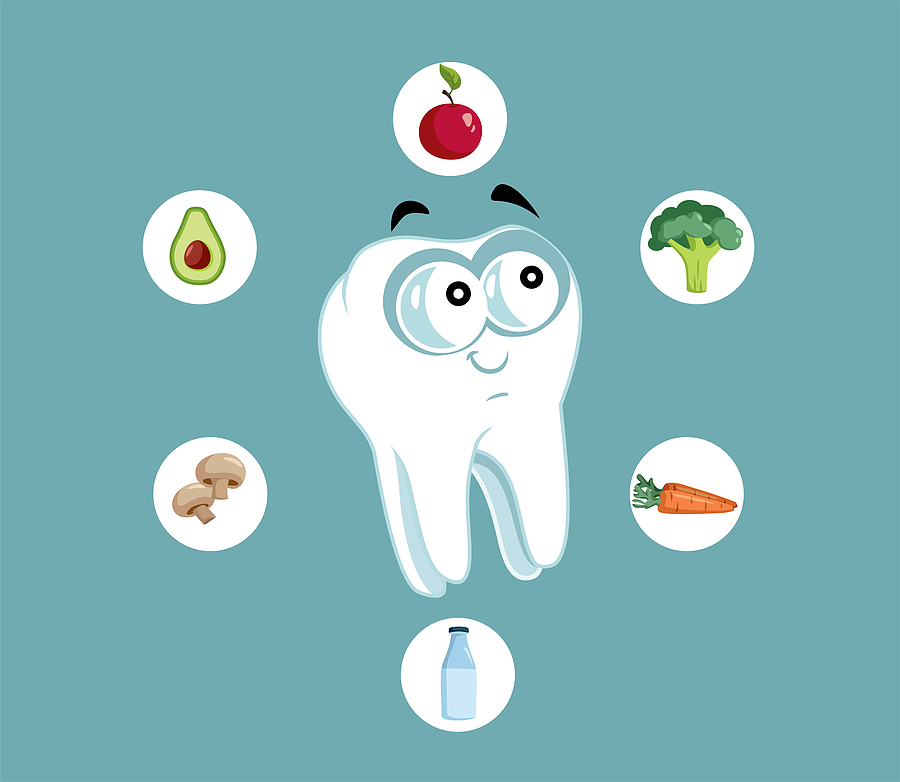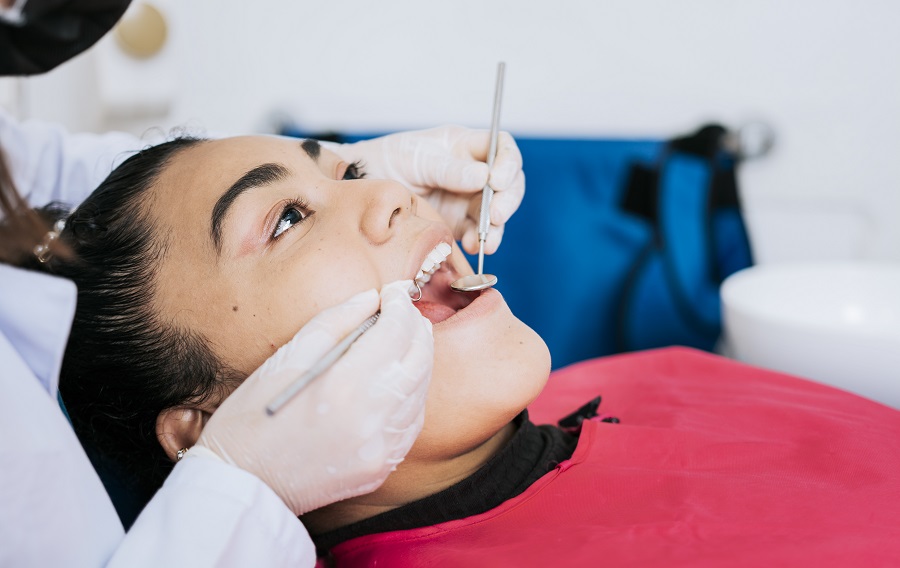Root canals. The mere mention of this dental procedure can send shivers down your spine, conjuring up images of pain and discomfort. When it comes to understanding root canal procedures, it's important to first grasp the anatomy of a tooth. Deep within each tooth lies the pulp, a soft tissue that houses nerves and blood vessels. Sometimes, this delicate pulp can become infected or damaged due to various factors such as deep decay, cracks in the tooth, or repeated dental procedures.
A root canal procedure is essentially a treatment designed to remove the infected or injured pulp and save the tooth from extraction. Contrary to popular belief, a root canal is not synonymous with pain; in fact, it actually aims to alleviate discomfort caused by an inflamed or infected pulp.
Signs that You May Need a Root Canal
Experiencing tooth pain can be an unpleasant and concerning experience. It's important to pay attention to any signs that may indicate the need for a root canal procedure.
- One of the most common indicators is a persistent or severe toothache. This type of pain often occurs when the dental pulp, which contains nerves and blood vessels, becomes infected or inflamed. The pain may intensify when you eat or apply pressure to the affected tooth.
- Another sign that a root canal might be necessary is sensitivity to hot and cold temperatures. If consuming hot or cold foods and beverages causes discomfort in a specific tooth, it could mean that the nerve inside has been compromised.
- Swelling around the gum area near the troubled tooth is another red flag. Inflammation often accompanies infection, so if you notice swelling or tenderness, it's crucial to seek dental care promptly.
- Sometimes, discoloration of a single tooth can also signal trouble within its structure. If you observe darkening or graying of a particular tooth without any apparent cause, it's worth discussing with your dentist as it could be an indication of internal damage requiring treatment.
- It's essential not to ignore these warning signs as they can worsen over time if left untreated. Remember that only a qualified dentist can diagnose whether you truly need a root canal procedure based on their assessment and examination.
By being aware of these potential signs and seeking timely intervention from your dentist, you increase your chances of saving your natural teeth through effective root canal therapy.
The Procedure: What to Expect
When you arrive at the dentist's office for your appointment, the first step will be ensuring your comfort. You'll receive local anesthesia to numb the area around the tooth being treated. This ensures that you won't feel any pain during the procedure.
Once you're comfortably numb, your dentist will begin by accessing the inside of your tooth through a small hole made in its crown. They will then remove infected or damaged pulp from within the canals of your tooth roots. Afterward, they will clean and shape these canals before filling them with a special material called gutta-percha. This helps seal off any remaining bacteria and prevents future infection.
In most cases, your dentist may place a temporary filling on top of this material until they can restore your tooth with either a dental crown or filling at another appointment. While it's normal to experience some mild discomfort after a root canal procedure due to inflammation, over-the-counter pain medication like ibuprofen should help alleviate any discomfort during recovery.
Remember that every patient is different, so be sure to follow all post-operative instructions provided by your dentist for proper aftercare and give yourself time to fully recover before resuming normal activities.
If you're experiencing pain or discomfort in your teeth, visit Brandon H. Barton Jr., D.D.S., P.C., at 11200 E McNichols Rd., Detroit, MI 48234, or call (313) 521-6400.
More Blog Posts
Contact Us
11200 E McNichols Rd.,
Detroit, MI, MI, 48234
Email: Schedule1@bartondental.net
Phone: (313) 521-6400
Working Hours
MON - THU8:30 am - 5:30 pm
FRI - SUNClosed





